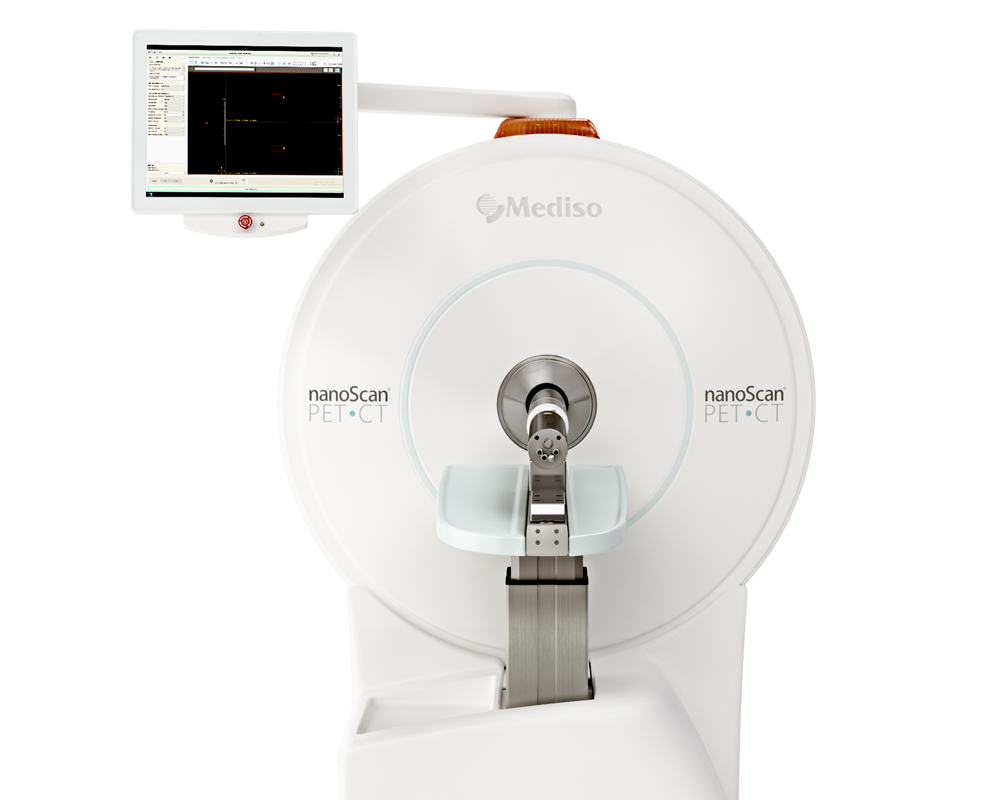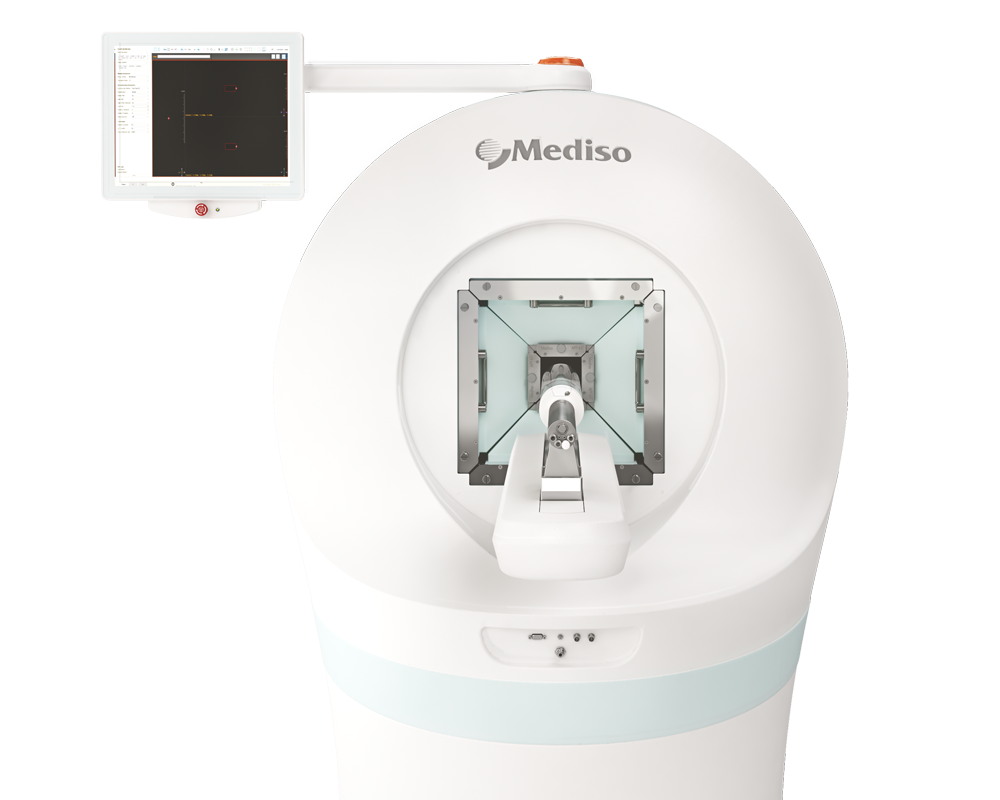A bioorthogonal system reveals antitumour immune function of pyroptosis
2020.03.11.
Qinyang Wanget al, Nature, 2020
Summary
Bioorthogonal chemistry capable of operating in live animals is needed to investigate biological processes such as cell death and immunity. Recent studies have identifed a gasdermin family of pore-forming proteins that executes infammasome-dependent and -independent pyroptosis. Pyroptosis is proinfammatory, but its efect on antitumour immunity is unknown. Here a bioorthogonal chemical system is established, in which a cancer-imaging probe phenylalanine trifuoroborate (Phe-BF3) that can enter cells desilylates and ‘cleaves’ a designed linker that contains a silyl ether. This system enabled the controlled release of a drug from an antibody–drug conjugate in mice. When combined with nanoparticle-mediated delivery, desilylation catalysed by Phe-BF3 could release a client protein—including an active gasdermin— from a nanoparticle conjugate, selectively into tumour cells in mice. This bioorthogonal system was applied to gasdermin, which revealed that pyroptosis of less than 15% of tumour cells was sufcient to clear the entire 4T1 mammary tumour graft. The tumour regression was absent in immune-defcient mice or upon T cell depletion, and was correlated with augmented antitumour immune responses. The injection of a reduced, inefective dose of nanoparticle-conjugated gasdermin along with Phe-BF3 sensitized 4T1 tumours to anti-PD1 therapy. This bioorthogonal system based on Phe-BF3 desilylation is therefore a powerful tool for chemical biology; the application of this system suggests that pyroptosis-induced infammation triggers robust antitumour immunity and can synergize with checkpoint blockade.
Full article on www.nature.com
Comment pouvons-nous vous aider?
N'hésitez pas à nous contacter pour obtenir des informations techniques ou à propos de nos produits et services.
Contactez-nous
